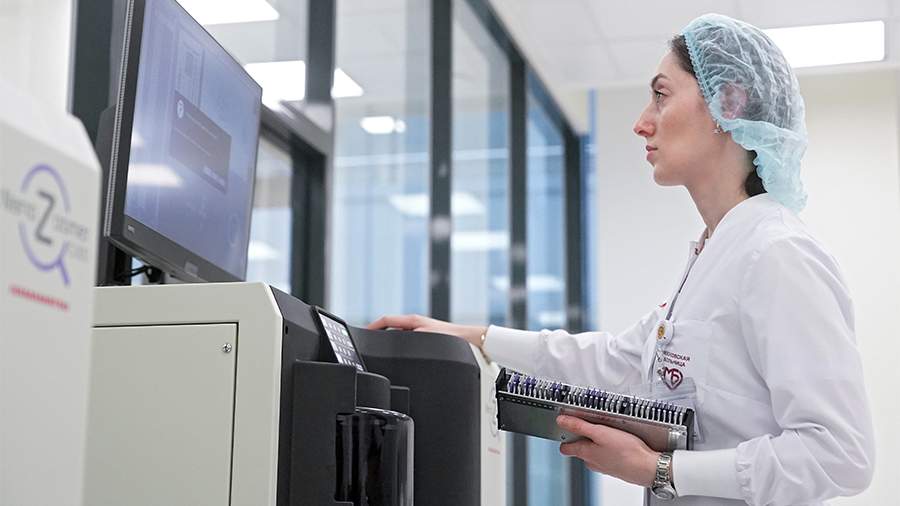An endoscopist spoke about risk factors for colorectal cancer

Colorectal cancer (CRC) is a malignant tumor affecting the colon and rectum, noted Natia Chekhoeva, endoscopist at Gastro Clinic. According to the World Health Organization, CRC ranks third in the frequency of cases among oncological diseases and is the second leading cause of cancer deaths worldwide. The expert told Izvestia about the symptoms and diagnosis of cancer, as well as risk factors for its occurrence.
Modern diagnostic techniques allow to detect pathology at the initial stages of development and prevent its progression. The most effective method is colonoscopy, the doctor explained.
"Colonoscopy is the only method that allows not only to examine the intestinal mucosa in detail, but also to carry out therapeutic manipulations. The procedure helps to identify precancerous changes, such as polyps, and remove them before they develop into malignant tumors," the expert stressed.
According to her, timely detection of CRC significantly increases the chances of remission. At early stages, the tumor is limited to the mucous membrane and can be removed without significant health consequences. However, in advanced stages, when the cancer has spread beyond the bowel, treatment requires complex and often ineffective methods.
The endoscopist noted that if certain symptoms appear, one should not delay examination. Developing colorectal cancer or other serious bowel abnormalities can be indicated by: hidden blood in stool tests, frequent constipation, bloating of the intestines, low hemoglobin levels, chronic diarrhea, increased cancer markers in the blood, and frequent bowel pain.
"Even if the symptoms are not pronounced, but have a permanent character, colonoscopy is a necessary diagnostic step", - specified Chekhoeva.
At the same time, people over 45 are recommended to undergo colonoscopy regularly, even if they have no obvious complaints. The age threshold is lowered for those who have: colorectal cancer in the family history; genetic predispositions (Lynch syndrome, familial adenomatous polyposis); intestinal diseases such as polyps or inflammatory pathologies (e.g. Crohn's disease or ulcerative colitis). The frequency of screening for such patients is determined individually, the specialist added.
"Colonoscopy is performed using modern endoscopic equipment. The doctor introduces a flexible probe with a camera through the rectum, examines the condition of the mucosa of the large intestine. If necessary, during the procedure is carried out: removal of polyps - precancerous formations; biopsy - taking tissue samples for histological analysis; coagulation - stopping bleeding," - explained Chekhoeva.
She drew attention to the fact that the procedure is safe, and modern technologies, including narrow-spectral tissue analysis, increase the accuracy of diagnosis and minimize risks.
"Knowledge of risk factors helps not only to detect the disease in time, but also to take preventive measures. The main factors include: age over 50; eating large amounts of red and processed meat; lack of fiber in the diet; sedentary lifestyle; obesity; smoking and excessive alcohol consumption," said the endoscopist.
Lifestyle changes and regular checkups help reduce the risk of developing colorectal cancer, she emphasized.
Earlier, on December 4, Suna Isakova, oncologist at SberZdorovye medical company, told Izvestia that malignant neoplasms of the oral cavity and oropharynx are relatively rare - less than 10 cases per 100,000 people per year. The cause of their development is considered to be tobacco in various forms (chewing, in the form of cigarettes), as well as the use of strong alcohol, infection with human papillomavirus, especially the 16th and 18th types.
Переведено сервисом «Яндекс Переводчик»

